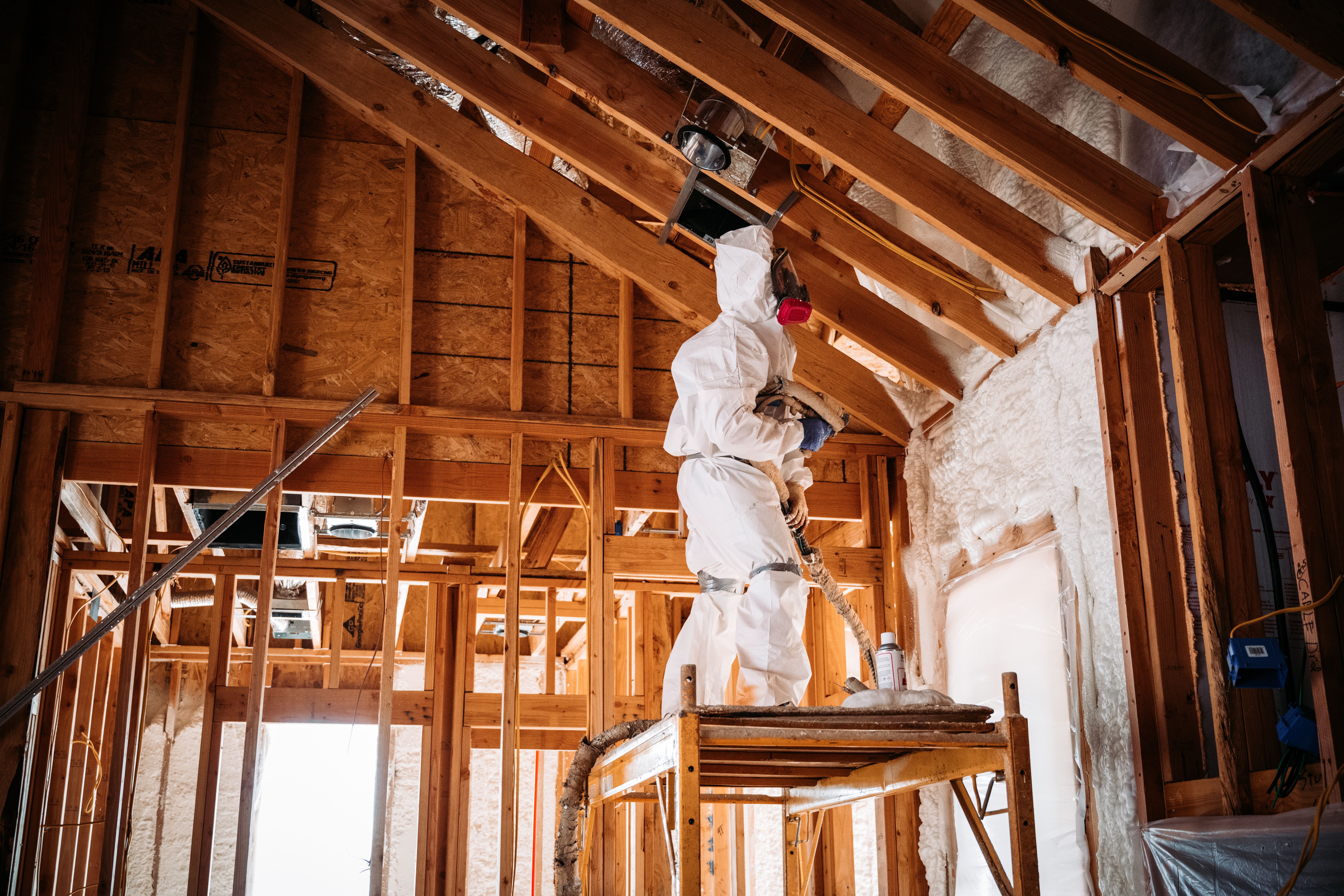
Ceiling insulation plays a pivotal role in enhancing a building’s energy efficiency, comfort, and overall performance. By creating a barrier against heat flow, it helps maintain consistent indoor temperatures, reduces energy consumption, and contributes to a quieter living environment.
Does Ceiling Insulation Make a Difference?
Absolutely—ceiling insulation makes a significant and measurable difference to the comfort, efficiency, and cost-effectiveness of any building. Without proper insulation, up to 40% of your home’s heat can be lost through the ceiling, especially in winter. Insulation acts as a thermal barrier, trapping warm air inside during colder months and keeping unwanted heat out during summer. The result? A more stable indoor temperature year-round.
But it’s not just about warmth. Effective ceiling insulation reduces the demand on your heating and cooling systems, which directly lowers energy bills. It also contributes to quieter living spaces by absorbing sound between floors and reducing outside noise.
In short, if you’re looking to improve comfort, cut energy costs, and reduce your carbon footprint, ceiling insulation is one of the smartest investments you can make.
Energy Efficiency and Cost Saving
Proper ceiling insulation minimizes heat transfer between the interior and exterior of a building. In colder months, it prevents warm air from escaping through the roof, while in warmer seasons, it keeps excessive heat from entering. This thermal resistance reduces the workload on heating and cooling systems, leading to lower energy bills. According to the U.S. Department of Energy, insulation provides resistance to heat flow and lowers heating and cooling costs .
Enhanced Indoor Comfort
Beyond energy savings, ceiling insulation contributes to a more comfortable indoor environment. By maintaining stable temperatures, it eliminates cold drafts and hot spots, ensuring consistent comfort throughout the space. Additionally, insulation can help in reducing noise transmission, creating a quieter and more peaceful indoor atmosphere .
Moisture Control and Structural Protection
Insulation also aids in controlling moisture levels within a building. By preventing condensation on ceilings, it reduces the risk of mould growth and structural damage. This is particularly important in areas with high humidity or significant temperature variations, where moisture-related issues can compromise building integrity over time.
Environmental Impact
Reducing energy consumption through effective ceiling insulation not only lowers utility bills but also decreases greenhouse gas emissions. By lessening the demand on heating and cooling systems, insulation contributes to a building’s overall sustainability and environmental responsibility.
Investing in quality ceiling insulation is a cost-effective strategy to enhance energy efficiency, indoor comfort, and environmental sustainability. By understanding its benefits and selecting the right materials, homeowners and builders can ensure long-term performance and savings.
